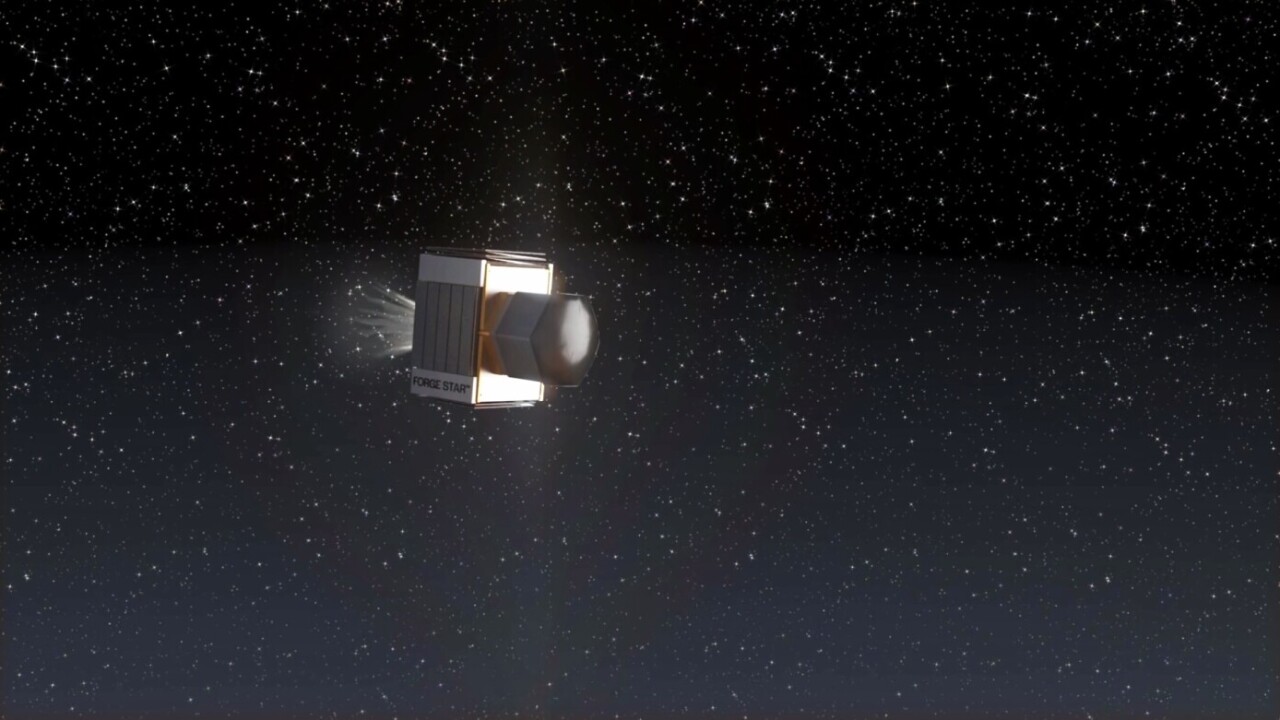
Welsh startup Space Forge is preparing for a second shot at propelling its semiconductor manufacturing satellite into orbit.
ForgeStar-1, as the new satellite is known, will be launched from the US either later this year or early next. The satellite contains an automated chemistry lab that allows the remote mixing of chemical compounds and the development of semiconducting alloys.
Space offers a unique environment for research and development because its higher levels of radiation, microgravity, and near vacuumless state allow companies to come up with new manufacturing methods or materials that are not possible on our planet.
Space Forge recently signed a collaboration agreement with American aerospace giant Northrop Grumman to provide space-made semiconductor substrates that Northrop can then develop into computer chips at their factories back on Earth.
The Cardiff-based startup hopes to enable the fabrication of semiconductors, pharmaceuticals, composite materials, and more in the future.
“The next industrial revolution will be in space,” exclaimed Space Forge’s US managing director Andrew Parlock in an interview with CNBC in August.
The company first attempted to launch its spacecraft — the first satellite ever made in Wales — on Virgin Orbit’s mission from Cornwall, UK, in January. That payload, and the other eight satellites on board, was lost when Virgin’s launcher experienced an anomaly and failed to reach orbit.
While a disappointing turn of events for the budding company, Space Forge, which has launched $10m to date, now has its sights firmly set on the second launch attempt. That mission, which is supported by the European Space Agency’s Boost! Innovation programme, aims to demonstrate Space Forge’s manufacturing technique and prove other key technologies, including safe reentry technology.
But rather than sending the materials back to Earth, the microwave-sized ForgeStar-1 will beam the results of these experiments to scientists digitally as this satellite is not designed to return.
“The objective of ForgeStar-1 is to demonstrate that better semiconductors — the things that make your computer chips — can be made in a space environment and returned to earth safely,” the startup’s founder and CEO, John Western, told the BBC.
But the company’s subsequent mission will be built to survive the fiery return through the atmosphere and bring its products back to Earth, thanks to two patented technologies that protect the payload from extreme temperatures. Western predicts that the first returnable satellite might be launched in two or three years’ time.
Get the TNW newsletter
Get the most important tech news in your inbox each week.




